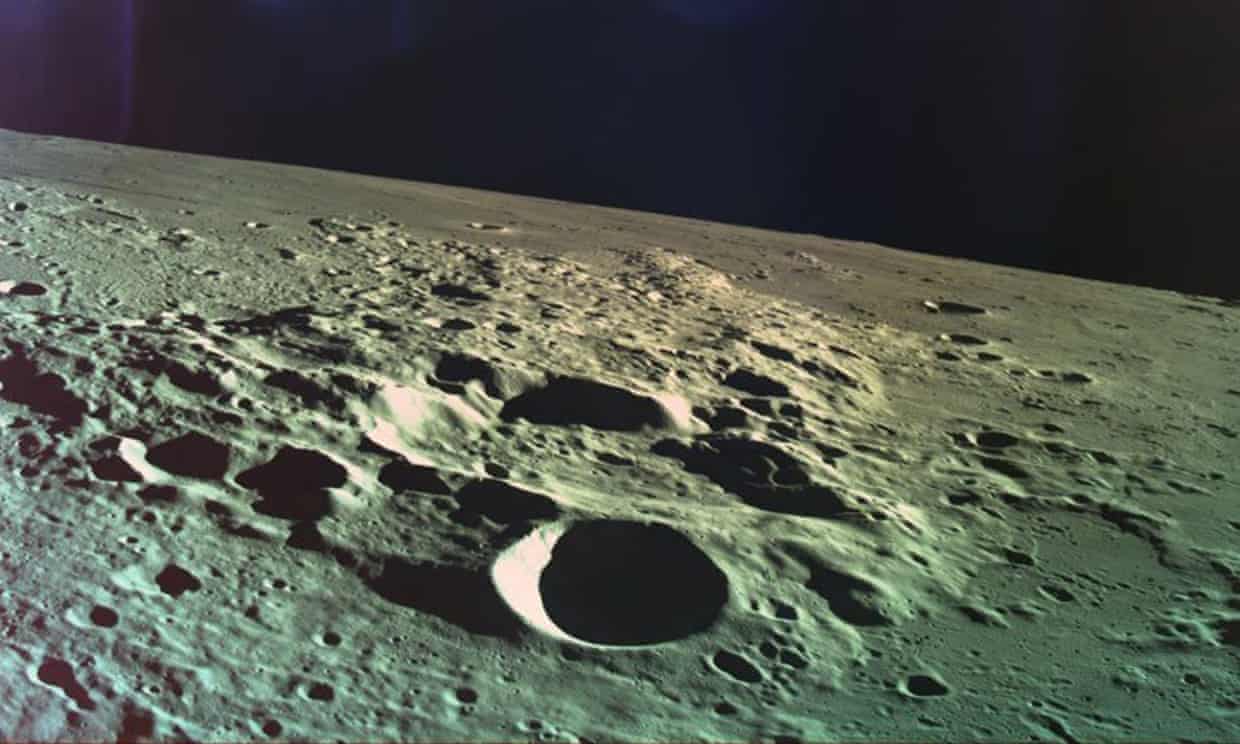MIT Technology Review reports:
In September 2018, the secretary general of the United Nations, António Guterres, gave a speech warning: “If we do not change course by 2020, we risk missing the point where we can avoid runaway climate change.” ...Wow. If this were true, then forget about driving electric cars and sipping from paper straws. Forget about all conservation measures. Just get ready for the apocalypse.
In the first weeks of 2019, new scientific reports appeared suggesting that we may have passed the point of no return. ...
A new dark age
Imagine 2050. I’ll be 72 years old. My daughter will turn 33. Wide swaths of now-inhabited coastlines and equatorial jungles and deserts will likely be uninhabitable, either underwater or too hot for humans to live in. People all around the world will likely have seen countless local and regional climate disasters, lived through major global economic shocks and catastrophic crop failures, and become used to random acts of violence as angry and sometimes starving citizens act out against increasingly repressive governments struggling to maintain control. In response to all this political, environmental, and economic instability, anxious populations will likely have traded their freedom in exchange for promises of safety, while security forces built more walls and nations began to fight over once-abundant resources like potable water.
If the political and social ramifications of global warming are anything like what happened during the last major climate fluctuation, the “Little Ice Age” of the 17th century, then we should expect a similarly horrific succession of famines, plagues, and wars. ...
In all likelihood, what’s coming will be worse. ... The planet is approaching, or already crossing, several key thresholds, beyond which the conditions that have fostered human life for the past 10,000 years no longer hold. ... Catastrophic levels of global warming are practically inevitable at this point, and one way or another this will bring about the end of life as we know it.
If I believed this, then many of my views would change. The MIT magazine is normally very reliable, and does not usually publish fringe views.
The best thing would probably be a massive world war, where we kill as many billions of people as possible. That could alleviate an even worse apocalypse.



